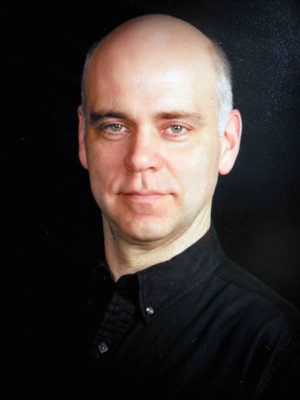Further Reflection: A More In-depth Look at Human Brain Evolution (3-part series)
Taught by Mark Reimers, Associate Professor Michigan State University
Our human mind has evolved from an ape mind over the past six million years. How have our brains and genes changed to bring this about? We are very similar to apes in some ways, in which scientists previously thought humans stood out, but quite different in other ways, such as our capacity for engagement with other people. This course will present genetic, anatomical, behavioral evidence bearing on the changes to the brain that supported the emergence of the human mind.
Registration is $75 for all three parts (dates and topics below). Course is limited to 25 students. Recommended readings will be sent before each course. Courses will be held on Zoom.
- Tuesday, August 25, 6:30-8pm ET — The Big Picture: Brain basics. Why does size matter? How and why human brains got bigger. Are there any new brain regions? The gene changes that did this and their mixed consequences for our lives.
- Tuesday, September 1, 6:30-8pm ET — Connections & Plasticity: What connections have been strengthened in the human brain? Are there any new connections? How human beings became so impressionable. The drastic and rather crude changes to our genes that made this possible.
- Tuesday, September 8, 6:30-8pm ET — Consciousness and Recent Evolution: How your brain keeps itself busier than an ape brain. Self-generated brain activity, mental illness, and human consciousness. How human brain genes have evolved over the past 10,000 years. How human brain-related genes seem to be evolving today.
 Mark Reimers is an associate professor in the neuroscience program at Michigan State University where he integrates statistical analysis with biology theory while analyzing and interpreting the very large data sets now being generated in neuroscience, especially from the high-throughput technologies developed by the BRAIN initiative. He graduated from the University of Toronto and the University of British Columbia and previously held appointments at Virginia Commonwealth University.
Mark Reimers is an associate professor in the neuroscience program at Michigan State University where he integrates statistical analysis with biology theory while analyzing and interpreting the very large data sets now being generated in neuroscience, especially from the high-throughput technologies developed by the BRAIN initiative. He graduated from the University of Toronto and the University of British Columbia and previously held appointments at Virginia Commonwealth University.

